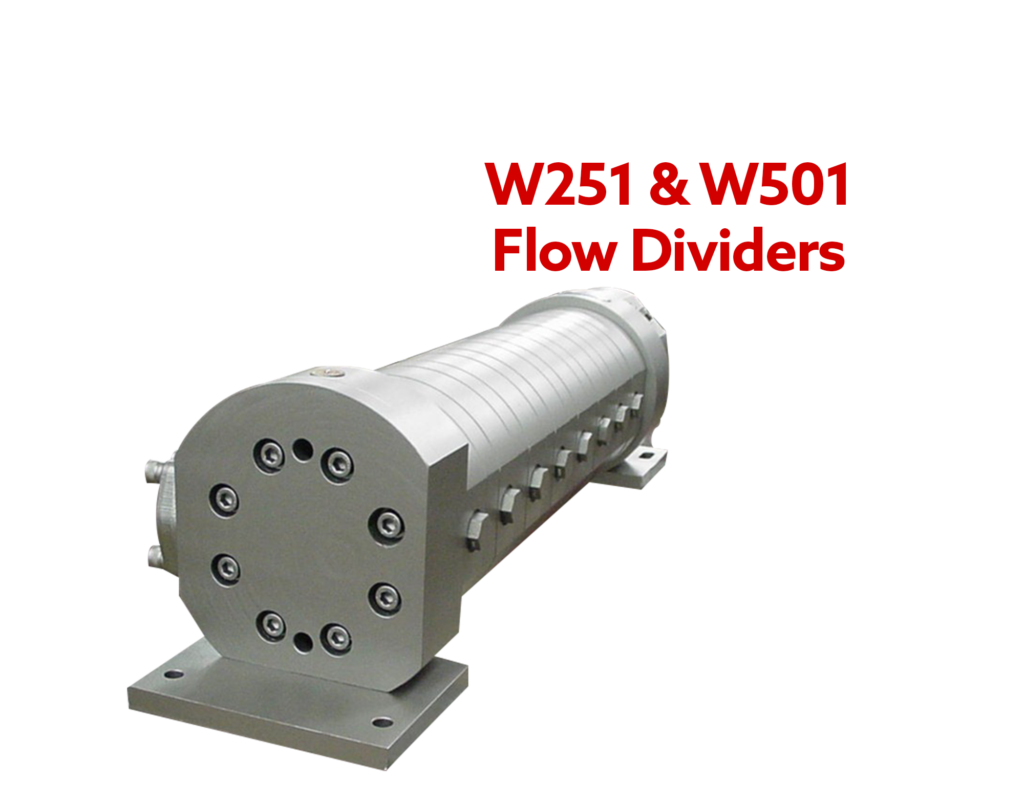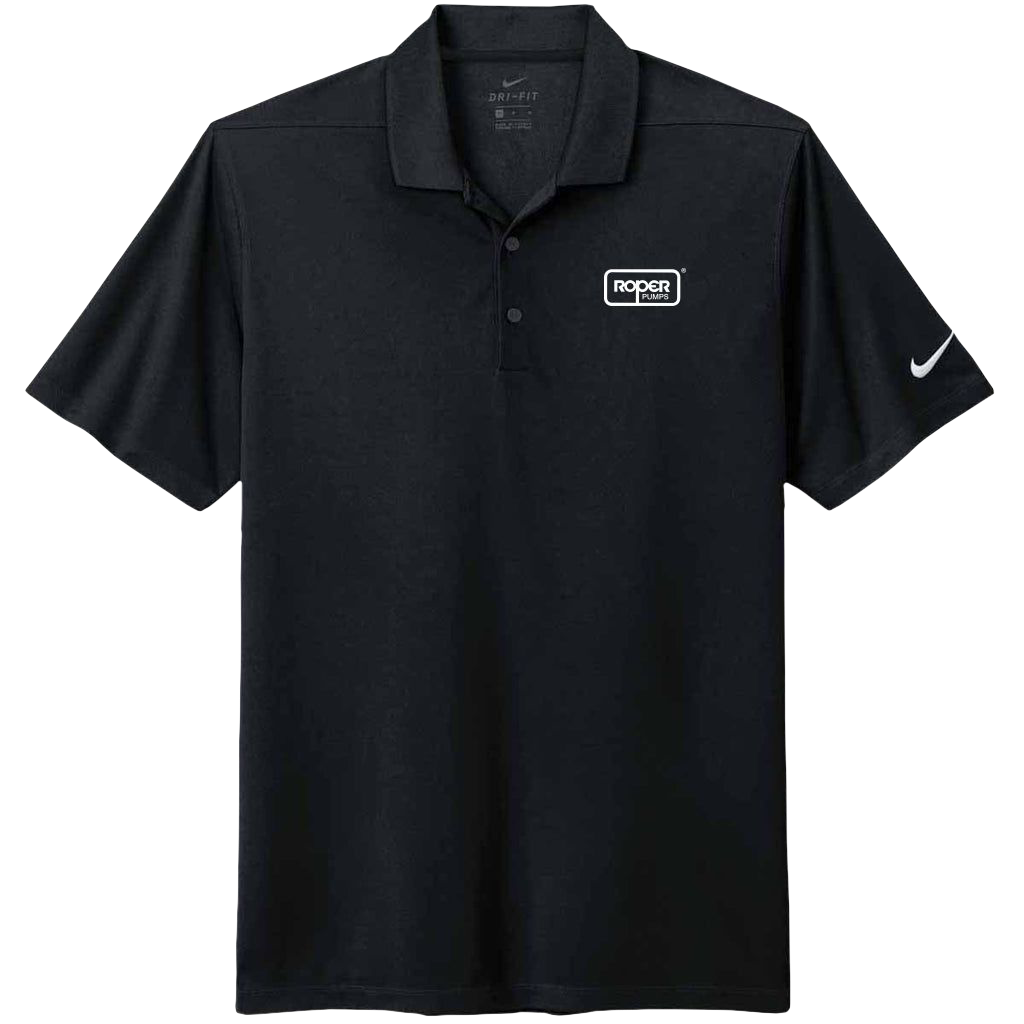Fluid transfer plays a critical role in numerous industries, from manufacturing to agriculture and beyond. Among the many types of pumps used, bombas de engranajes stand out for their efficiency, durability, and ability to handle a wide range of fluids. These pumps are essential in applications requiring precise fluid movement, making them a staple in various industrial processes.
What Are Gear Pumps?
A gear pump is a type of positive displacement pump that moves fluid using interlocking gears. These pumps are designed to deliver a steady and controlled flow, making them ideal for transferring oils, fuels, and other viscous liquids. Unlike centrifugal pumps, which rely on kinetic energy, gear pumps create a vacuum to draw fluid in and move it through the system using the rotation of their gears.
How Do Gear Pumps Work?
The working principle of bombas de engranajes is simple yet highly effective. Inside the pump housing, two or more gears rotate to create suction, drawing fluid into the pump. As the gears continue turning, they transport the fluid along the casing and push it out through the discharge port. This positive displacement mechanism ensures a consistent flow, making gear pumps ideal for applications requiring precise volume control.
Advantages of Gear Pumps
Industries prefer bombas de engranajes due to several key benefits:
- Steady Flow Rate: These pumps provide continuous and controlled fluid movement without pulsation.
- High Efficiency: Designed to minimize internal leakage, gear pumps deliver a consistent output with minimal energy consumption.
- Diseño compacto: Gear pumps are often smaller than other pump types, making them easy to install in tight spaces.
- Versatility: They can handle a variety of fluids, including oils, fuels, and even some chemicals.
- Durabilidad: Made from high-quality materials, gear pumps are resistant to wear and tear, ensuring longevity.

Applications of Gear Pumps
Due to their efficiency and reliability, bombas de engranajes are used across many industries, including:
- Automotive Industry: These pumps help circulate engine oil, transmission fluid, and fuel.
- Chemical Processing: Gear pumps are employed to transfer viscous chemicals and other industrial fluids.
- Agricultura: Used in irrigation systems and fertilizer applications, ensuring consistent fluid delivery.
- Food and Beverage: Ideal for handling syrups, oils, and other food-grade liquids.
- Hydraulics: Gear pumps power hydraulic systems by supplying a steady flow of hydraulic fluid.
The Role of Flow Dividers in Pumping Systems
In many industrial settings, precise fluid distribution is crucial for maintaining efficiency. This is where divisores de caudal come into play. These components work in tandem with gear pumps to ensure equal distribution of fluid across multiple channels. Flow dividers are essential in hydraulic systems, helping maintain balanced pressure and flow rates, preventing overload, and optimizing performance.
Benefits of Flow Dividers in Gear Pump Systems
Using divisores de caudal with bombas de engranajes offers several advantages:
- Even Fluid Distribution: Ensures uniform fluid supply across multiple outlets.
- Prevents Pressure Imbalances: Reduces the risk of system damage due to unequal pressure distribution.
- Enhances Efficiency: Optimizes fluid handling, reducing waste and improving performance.
- Improves System Longevity: Balanced flow reduces wear and tear on individual components.

Choosing the Right Gear Pump for Your Needs
Selecting the ideal gear pump depends on various factors, including:
- Fluid Type: Consider viscosity, temperature, and chemical composition.
- Flow Rate Requirements: Ensure the pump meets the necessary volume and pressure needs.
- Material Construction: Choose materials that resist corrosion and wear.
- Operational Environment: Factor in temperature extremes and potential exposure to contaminants.
Future Trends in Gear Pump Technology
As industries continue to evolve, so does pump technology. The future of bombas de engranajes is driven by advancements such as:
- Smart Monitoring Systems: IoT-enabled gear pumps provide real-time data on performance and maintenance needs.
- Energy-Efficient Designs: Innovations aim to reduce energy consumption while maintaining high efficiency.
- Advanced Materials: New alloys and coatings enhance durability and fluid compatibility.
- Integration with Automation: Automated systems optimize fluid handling and reduce human intervention.
Gear pumps remain an integral part of modern industrial systems, ensuring efficient and reliable fluid transfer across various applications. When combined with divisores de caudal, they enhance fluid distribution, improving overall system performance. By understanding how these pumps work and selecting the right one for your needs, businesses can optimize operations, reduce maintenance costs, and improve efficiency. As technology advances, gear pumps will continue to play a pivotal role in industrial and hydraulic applications, offering better performance, energy savings, and enhanced durability.


